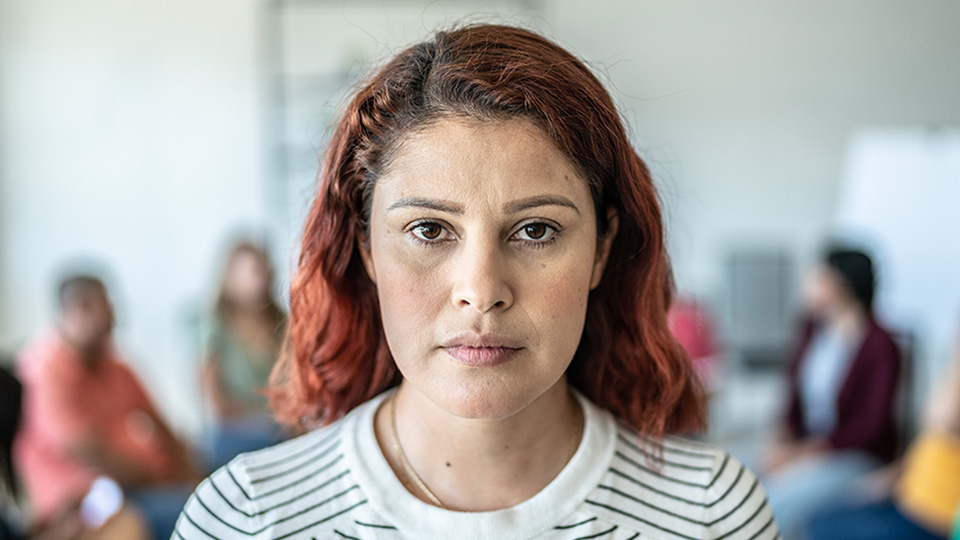Trichotillomania is a long-term disorder and can be linked to underlying symptoms of other mental health conditions, including anxiety, depression and stress. For this reason, you can often link symptoms of the condition with your moods and emotions, usually split into two categories.
Negative emotions
You may find that pulling your hair is a way of coping with negative feelings of boredom, loneliness or frustration, and can be rooted in more serious mental health conditions, such as stress and anxiety.
Positive feelings
The recurring cycle of trichotillomania means that the pleasurable relief you feel after pulling your hair out is satisfying enough for you to want to maintain those feelings, hence why the condition can last for an indefinite amount of time and can vary in severity over time.





